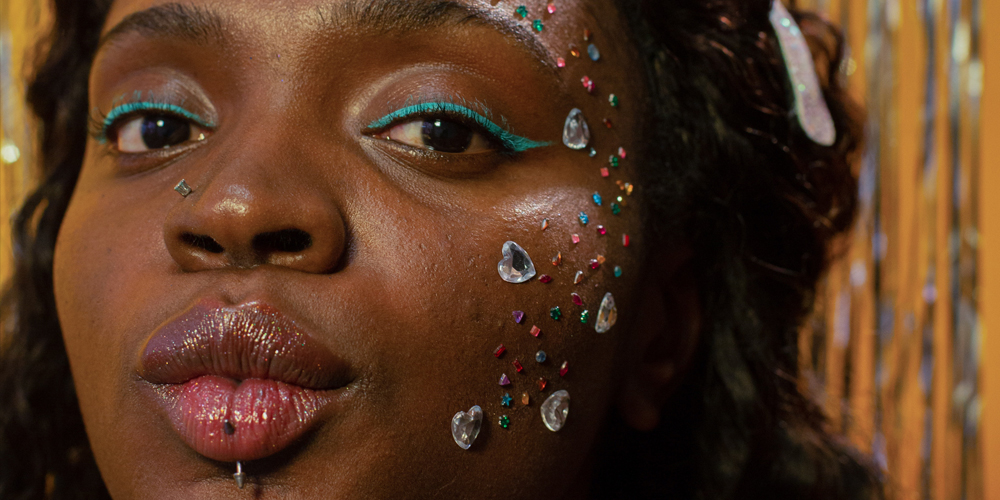Written by Tapsy Gomwalk
By the time I heard the poem about being reborn as your mother’s mother, I’d already become a witch and started truly believing that it was my job to be the change I wanted to see. It’s hard to say when and how you become a witch, especially being raised in a conservative Christian household and society, but if you look closely enough, you’ll find a thread as long as your life of circumstances and events that led to your very initiation. From being a hopeless, confused young adult to holistically preparing yourself to create the world you desire to live in.
The poem struck me as I strolled the internet streets of TikTok one evening. It was in another language, and I was too busy consoling myself from the eruption of tears to save the video or remember its creator. It went something like this:
If reincarnation is real, I wish to come to another lifetime as my mother’s mother so that I could love her more than she has been loved and teach her that she can be anything she wants to be rather than tell her everything she was wrong for being. I’d protect her and teach her to keep her own best interests at heart. . .
The verses left me crying not just for my mother, whose beauty still endures through all the difficulties she’s survived, but for myself as well, my sisters, and all the women who had come before us and had to survive in this cruel, male-centered world. Knowing what I now know, I imagined what type of life my mother could have lived if I had been her mother.
Would she now be healthier, stronger, more connected to her body, and less tired?
Would she be in a different career or line of work, or maybe just enjoying an array of hobbies?
Would she never take less than what she deserved and have the respect due her hard work?
Would she still choose to marry my father, if she chose to marry at all?
For years, I had been sore at my father for being a man shaped by his society and generation. Without certain forms of witchcraft at my disposal, I don’t know if I would have ever let go of the hatred that that disillusionment caused—even my daddy is just like other men. To me and countless others, he had always been the best of fathers, impeccably so, even, but I despised what I deemed his failures to his wife, my mother, the first woman who shaped what I understood as womanhood. The impact my childhood had on me, especially as I entered university, was beginning to rock my world. My day-to-day life was regular enough, filled with school activities and events—but alone the demons of self-doubt, anger, nihilism, and shame held me hostage, replaying rules of who I had to be to survive, be accepted, loved, and belong.

Image source: A Conceptual Model of Historical Trauma: Implications for Public Health Practice and Research”, Journal of Health Disparities Research and Practice, Vol 1(1), (2006), 93-108.
As my sense of self ricocheted, I began to question more deeply everything I’d been told was “normal” about society, from religion to culture and gender roles—and wow, I sure did get answers. From existentialism to psychology and other religions, I studied it all. I needed to know why everything was the way it was and what the hell I could do about it. I’d once been hopeless enough to accept the usual sentiment that things are just the way they are and only the resurrected Christ could bring real change to my sinful life and the even more depraved world. But that hopelessness only guaranteed that things would surely stay the same. Things had been the same, and I was going crazy thanks to the status quo. The solution now lay in going beyond my boundaries; I had to go further, deeper.
But deeper, how? Where? I’d grown up in a small town with the usual pressures and idiosyncrasies of being a good girl, with an unending and confusing list of dos and don’ts, shoulds and should-nots. The voices were vibrating harder in my head now, singing sopranos of chastisement I’d received from existing outside the rulebook. Of course, I was now older with no one to beat or admonish me, and so it became my responsibility to punish myself and hang on a guillotine made by the buzzing voices that had become my internal choir. But that way of being and seeing the world was suffocating and demeaning. Day by day, this turmoil spilt out of me, leaking avoidance, withdrawal, and isolation; I was constantly at the crossroads of yearning for expansion and demonising limitlessness.
Who could I turn to?







